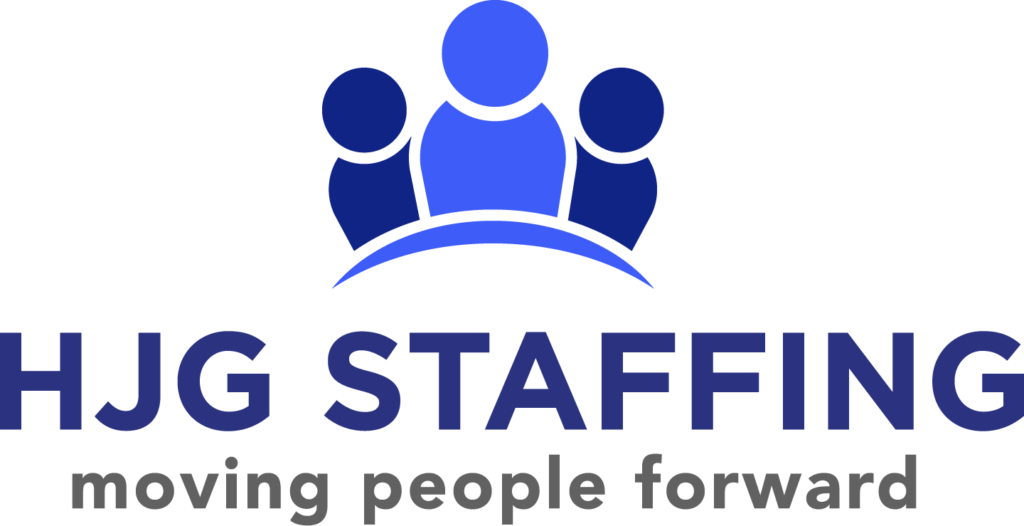The thought of networking usually elicits two very different responses. For some, building connections is fun, exciting, and refreshing. For others, the idea alone is exhausting, frustrating, and draining. No matter your reaction, it’s hard to deny that networking can provide major benefits to your career. It can help build your professional circle, learn from others, and potentially land your ideal job or promotion. The good news is, whether networking excites you or makes you shudder, we have compiled different methods that can help you widen your professional network.
- Utilize LinkedIn to Your Advantage
LinkedIn is one of the most effective ways to network online. It allows you to build your business profile and showcase your skills and work portfolio. Professionals on LinkedIn can connect with you. When it comes to securing a job, Zachary, a sales consultant, says it’s best to be direct. “Scour LinkedIn and don’t be afraid to reach out to the person who posted the job, or the individual you think you will report to. Tell them you are interested and can bring value to the role (be specific but keep it concise). Ask for a meeting to discuss everything further.”

While it can feel bold to be so direct, it’s often the thing that sets individuals apart. Companies typically receive 250 resumes per job listing (SmallBizGenius.net). While your skills and personality might be a perfect fit for the company, your resume might get lost with the others. Therefore, directly messaging the job poster or manager is a way to differentiate yourself from competition. It also shows initiative and leadership, which is often admired. Another thing to remember if taking initiative makes you uncomfortable is this: if you don’t get the position, you are no worse off, and you lost nothing. On flip side, you could get exactly what you want.
2. Use the Art of Conversation
If you have the gift of gab or enjoy conversing, you can use this to your career advantage! Conversations with people, even somewhere simple like the grocery store can lead to opportunities. Lyla, a Marketer had one such experience. “I was at the nail salon, and the woman next to me struck up a conversation. As it turned out, she worked for a major television network. I worked in marketing for a pretty well-known artist, so the woman asked if we could try getting the artist on a popular morning show.” Connections like this are not so uncommon, and this conversation provided Lyla with new business contacts and a great idea to present to her manager.

Kelly, a flight attendant, remembers the days before online networking and widespread internet usage. She worked at the front desk of an apartment complex. Because of this, she got to know the tenants. One woman was a flight attendant and told Kelly she would make a great fit. Eventually, when Kelly interviewed, she could list the woman as a resource.
If you find yourself in a situation where you’re making small talk, career questions usually arise. You can also initiate conversation regarding career.
Some useful questions are:
What is your job?
Do enjoy it
How long have you been in your profession?
What brought you into this line of work?
Is this something you always wanted to do?
You never know what connections you might make, and like online networking, if nothing works out, you had nothing to lose in the first place.
3. Be Consistent and Persistent
Consistency is a sought after quality. The actions of following through, keeping your word and showing up when you say you will contribute to trusting relationships. When it comes to networking, being consistent can work in your favor. Lilly, a Rewards Specialist, says, “If you are going to network and go to events then continuously go and follow up with people/make genuine connections, And if you’re applying to jobs continue applying (aka don’t apply to 10 jobs today and not look for the next 6 months).”

Along with consistency, persistency is just as important. The application and networking process can feel exhausting, but try not to give up.
Set small, daily and achievable goals, such as:
-Try to make 2 networking connections on LinkedIn
-Apply to 6 Jobs
-Research networking events
Breaking down these tasks into smaller chunks allows you to keep trying for an extended time, avoiding quick burnout. This leads us to our final piece of advice.
4. Use the “One Thing at a Time Rule”
While Networking comes naturally to some, it can be painful for others. However, people, regardless of personality type, find the job hunting and interview process nerve-wracking. Small Biz Trends says, “Most job candidates go through anxiety during interviews. And Anxiety can result in nervousness. 29% of people, as the survey found, said that interviews make them most nervous. And you will be surprised to know that interviews make people more nervous than doctor/dentist visits

It’s natural to be nervous, and beating yourself up for nerves won’t improve your mental state. However, practicing presence in moments like this can help. The rule of one thing at a time is exactly how it sounds. Put your focus on the immediate task you wish to complete. If you find yourself nervous to send a message on LinkedIn, complete one baby step, such as opening Microsoft Word. Once the program is open, focus on typing a draft, and so on and so on. By placing full focus on one thing, it breaks down the overwhelm in small, effective steps that move you closer to your end goal. It’s also a good technique to keep your nervousness from spiraling.
While feelings are mixed when it comes to the art of networking, “80% of professionals find networking essential to their career success” (Apollo Technical). It can feel overwhelming for some, but breaking each step down into manageable chunks can lead you on your way to making new connections. Ultimately, finding a process that meshes with your communication style will work best. You are your greatest asset, and your networking efforts should showcase that.



